Wine Industry Network brings you a one-day conference focused on helping wine industry executives and owners navigate the complicated, but necessary, world of distributor relationships.
“The wholesale channel, and 3-tier system in general, is a major pain point for just about every small to mid-size winery that wants to grow their brand beyond the tasting room, and there are no easy answers,” says George Christie, President of Wine Industry Network.
“The reality is that success takes a lot more than good wine at a good price and a market visit once or twice a year. It requires a very strategic approach and an excellent understanding of how your distributor partners think and work, but if done correctly, there are still tremendous opportunities. This event will feature experts with years of experience to help demystify this channel and attendees will leave better prepared for success for the upcoming sales season,” adds Christie.
The symposium, featuring experts from all facets of the three-tier system, is designed to help attendees glean new insights into opportunities the wholesale channel presents. Panelists and presenters will provide you with the tools and techniques you need to change the way your winery works with your distributor partners to maximize this sales channel and grow your brand.
Symposium Topics & Schedule
Session Details
Follow the signage to the Symposium's registration / check-in area. Grab your name badge then hang out and mingle while enjoying some coffee and a Continental Breakfast Buffet featuring: Ham and Gruyère Cheese scones, a Bagel Bar with Whipped Cream Cheese & House Made Jam, Seasonal Fruit Salad (GF), Granola with Assorted Yogurts (GF), with Orange and Cranberry Juice.
Wine Industry Network's President & CEO, George Christie, will start the Symposium by giving you a brief overview of what to expect for the day. George will also be welcoming and introducing our sponsors, speakers and Symposium Moderator, Laura Webb.
Over the last 25 years, the number of distributors serving the US market is less than half of what it was while the number of wineries has increased more than five-fold during the same period. Additionally, the number of retailer mergers have limited options making the wholesale channel one of the leading business issues facing the wine industry today. In the wake of all this, new route-to-market options are emerging, providing alternatives for smaller suppliers to get the attention and focus they need.
How much of an impact are they making? What other trends are emerging to serve the wholesale needs of fine wine producers?
This opening session will provide an overview of the evolution of the distribution network, what has changed and what we can expect the distributor landscape to look like in the near future.
What are distributors looking for? What makes them select one new brand over another? Scores, accolades, pricing... what drives their decisions on who to represent vs. not?
This session takes a deep dive into the distributor perspective and the business decisions that they face when deciding on who they work with. Attendees will leave with a better grasp of their needs and expectations from a selling and sales management point of view. Understanding what your distributor wants is the first step in getting what you want.
When the chips are on the table, do you know where to push and what to leverage so you get the most out of your distributor agreements? How do you balance your channel development so that your pricing in the market supports vs. conflicts with your DTC channel?
In the fight for more distributor attention, it is easy to lose sight of the primary goals, building your brand reputation and increasing your profits. Before you program away all your margins, or price yourself out of the running, understand how to support the market with strategic pricing and planning that lead to long term, ongoing returns on your investment.
Hear a new perspective on what it takes to keep negotiations fair and equitable, get your terms met and create a stronger, longer-lasting relationship with your distributor.
Caprese Salad / Mozzarella and Tomato
with Basil, Balsamic and Olive Oil
~
Mélange of Roasted Potatoes;
Fingerlings, Purple Yams, Rosemary, Garlic
~
Moroccan Style Cous-Cous
with Preserved Lemon
~
Roasted Pork Loin
with Apple Chutney
~
Pan Roasted Salmon
with Pernod Sauce
~
Fruit Crisp
with Whipped Cream
Launching a new brand is a unique challenge that even the most established suppliers can underestimate. You have one shot to get it right and it isn’t simply about having a big budget. A poorly launched brand can do long-term damage to your distributor’s confidence and trust in you. This session walks you through the A-Z on successfully allocating your time, money and tools to get your distributor, retailer and consumers bought into your new idea.
Are you looking for more distributor attention? More placements? Do you incentivize reps? Management? Both? How do you find a brand champion who is thinking about your brand first?
Understanding what motivates your distributor and their reps is critical to getting the extra attention all brands desire. Designing incentives that break through and yield long-term impacts is not easy and not the only answer. What else works to encourage the distributor to present your wines? This session brings a distributor and supplier perspective to incentive programs and structures that work, with tips on how to watch for hidden traps that cost valuable time and money for wineries with sub-par results.
Market visits are costly and require tremendous time on the part of the supplier and distributor reps. When not done right, they can often leave both sides feeling frustrated and disenfranchised. Yet, when executed properly, they can be the single most powerful investment for a supplier. To make matters more complicated, in many cases, market visits are limited or not encouraged at all. As a supplier, however, maintaining a presence in the market is essential to success... so what can you do?
This session walks through your role as a supplier and how you can better prepare for market visits, and conduct ride-withs, differently than you have in the past, in a way that builds lasting advocacy for your brand within the distributor sales force. The session will also address other, innovative ways to leverage technology to maintain a market presence without the trip.
Distributor planning is a complex process wrought with challenges that can leave supplier and distributor misaligned. This session walks through the ins and outs of distributor and market planning that is timely, meaningful and creates alignment with you and your distributor.
Speakers will discuss timing, preparation, agreements and follow-up so you can go into the process more prepared and primed for success in the coming year.

Finish the day visiting with sponsors, exhibitors and other attendees at a networking session featuring hors d'oeuvres and selected wines provided by; Donelan Family Wines, Foppiano Vineyards, The Meeker Vineyard, Pedroncelli, Robert Young Estate Winery, and Saini Vineyards.
Meet the Experts
To ensure we meet your expectations and provide an interactive, productive conference, we’d like to find out what your specific questions are in regards to the distribution & wholesale channel.
Click the button below to head over to Sli.do and get started.
Thank you for Participating!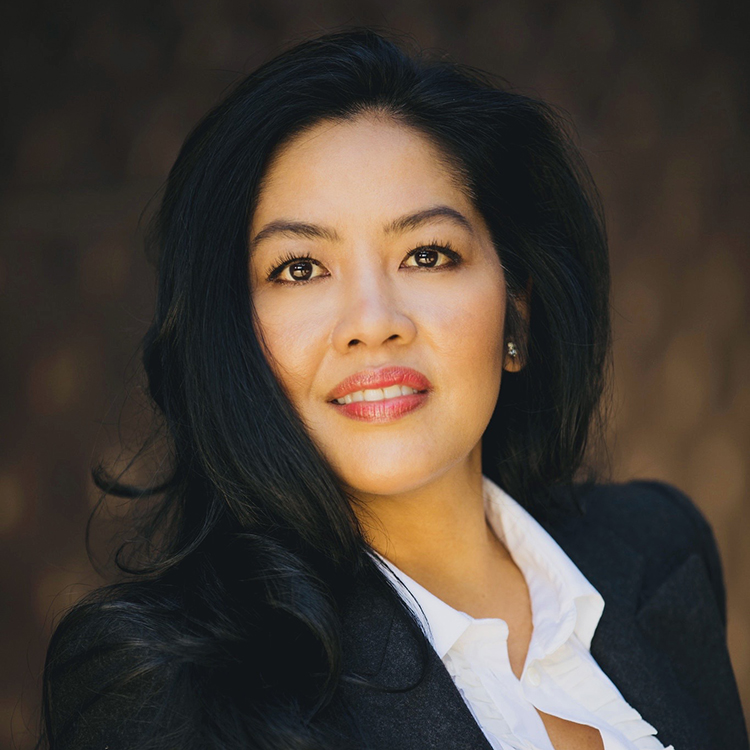
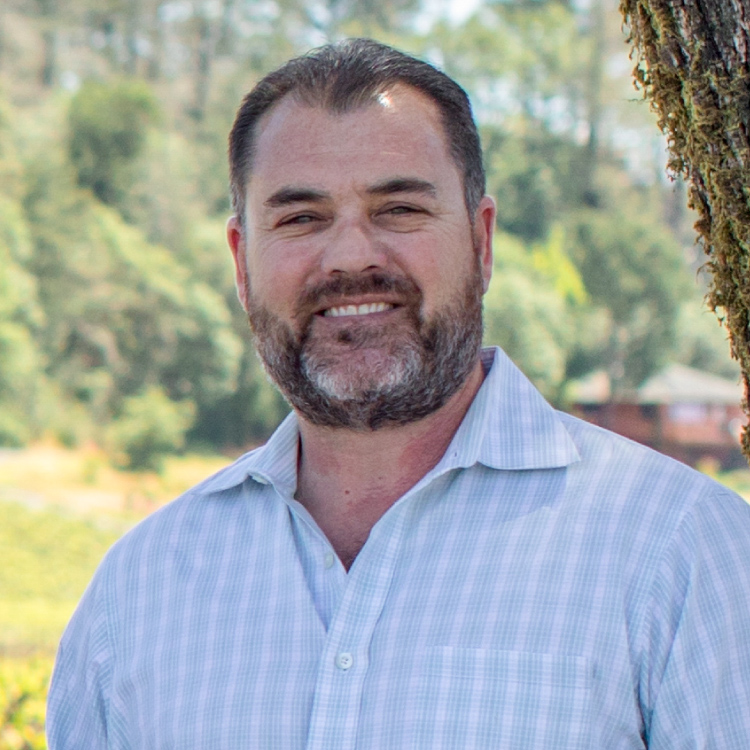
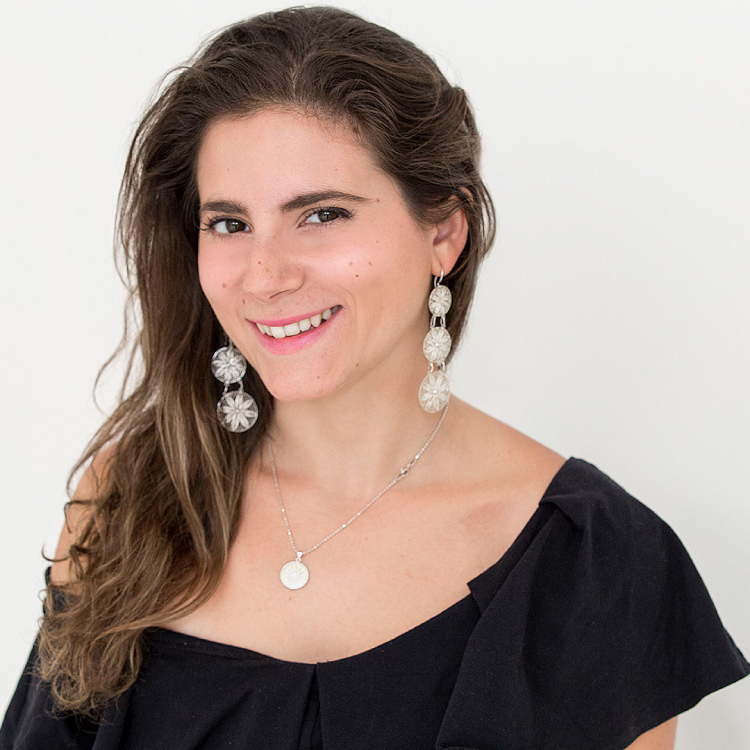
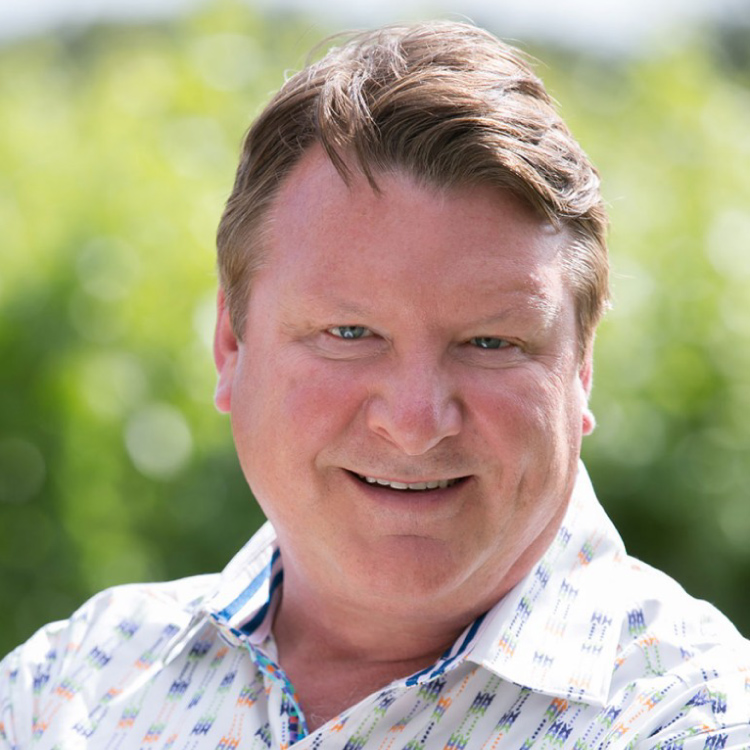
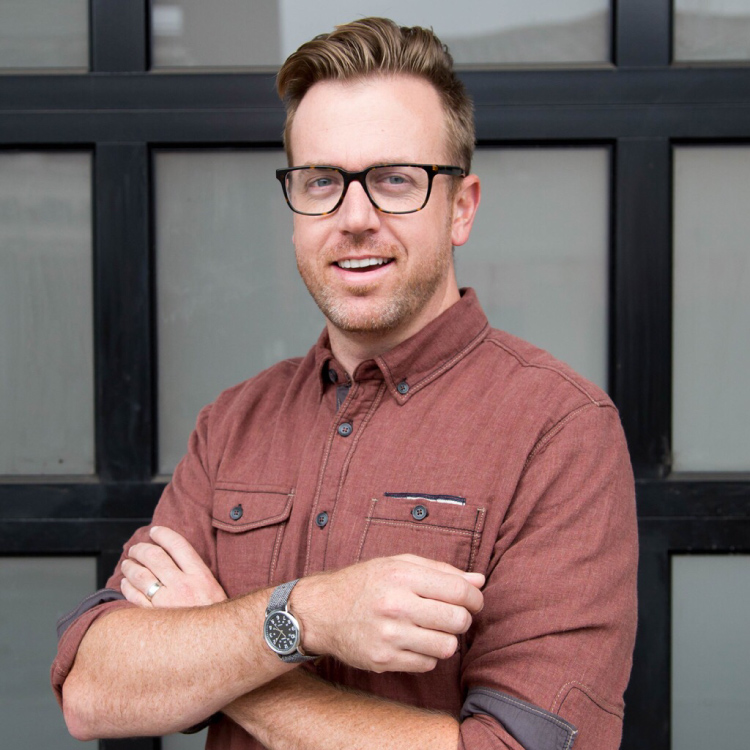
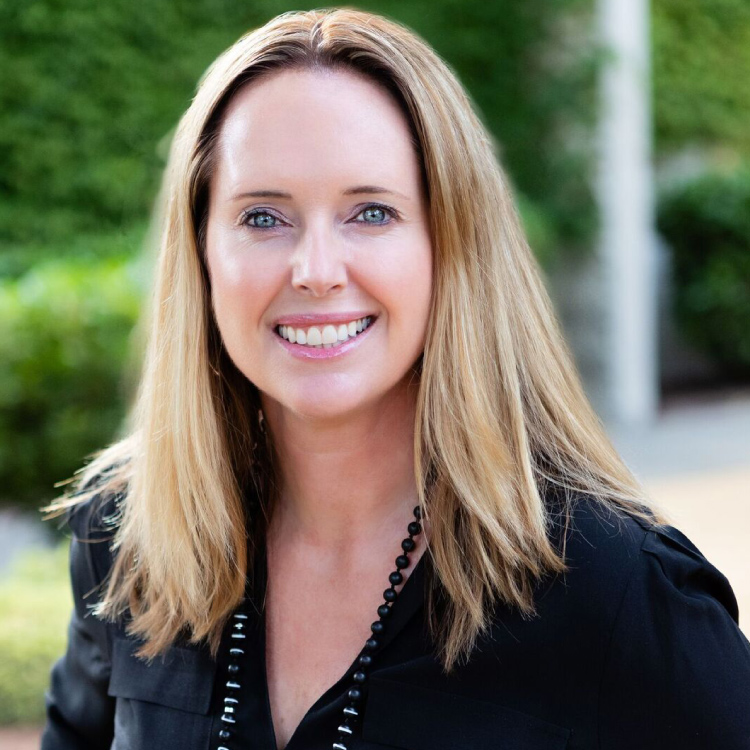
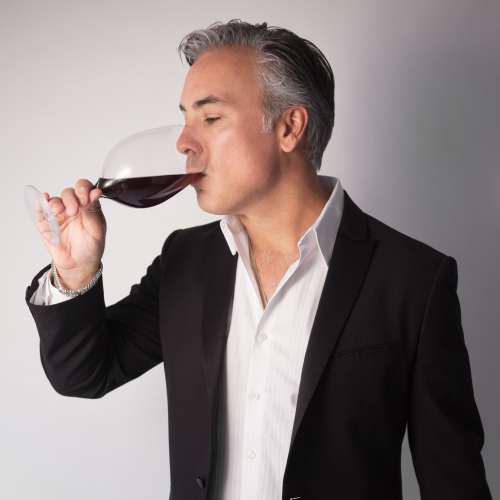
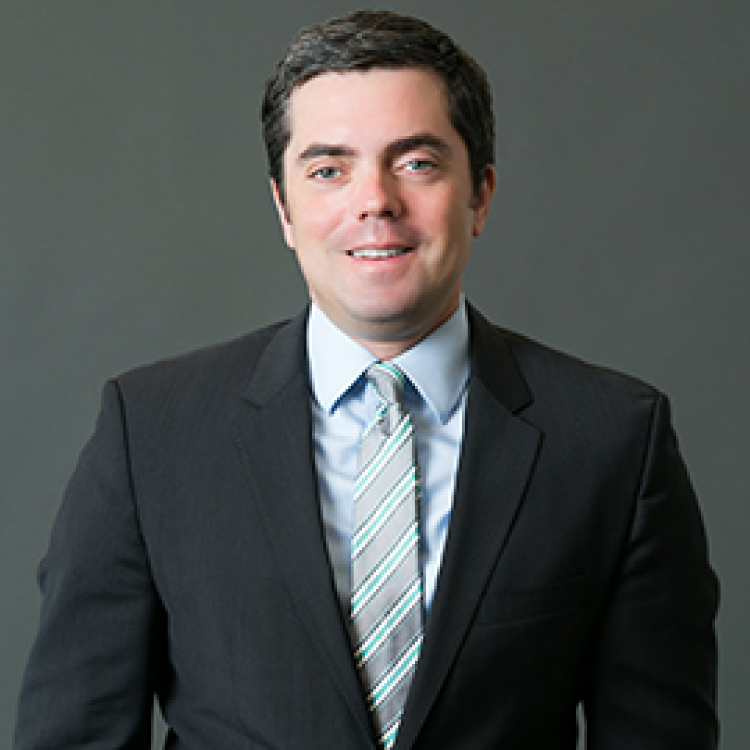
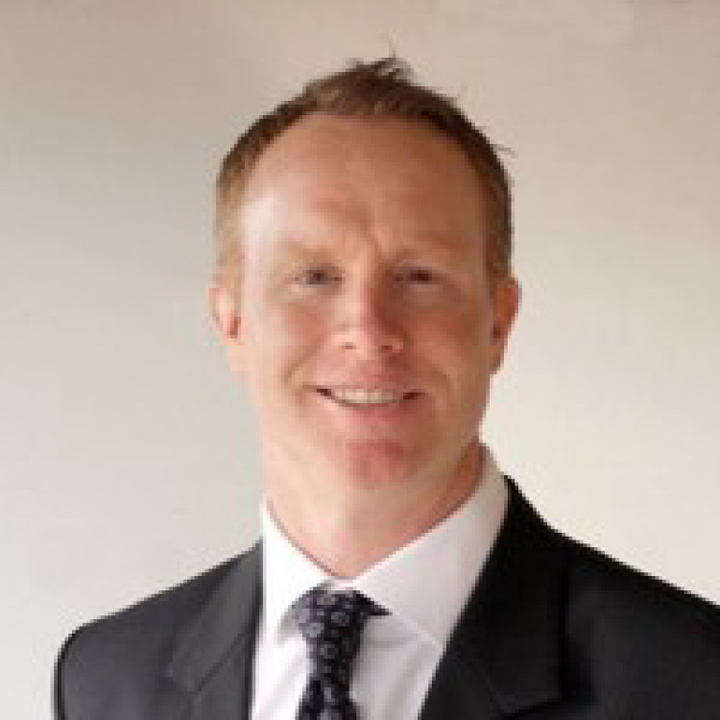

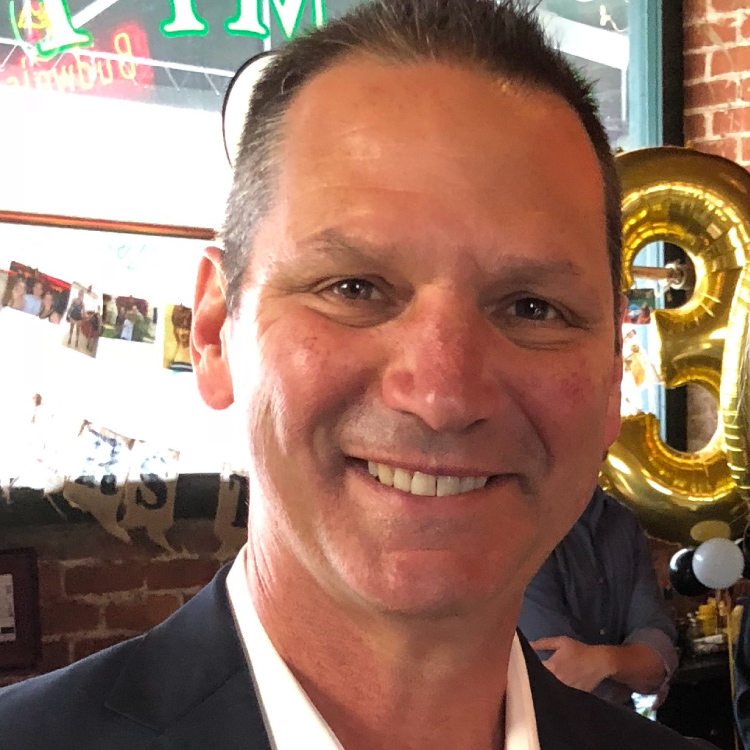
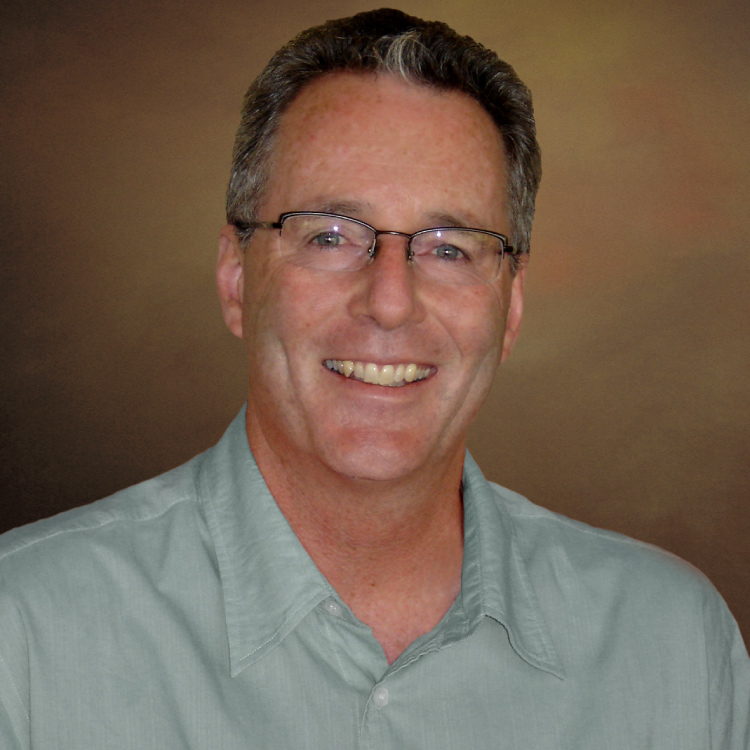
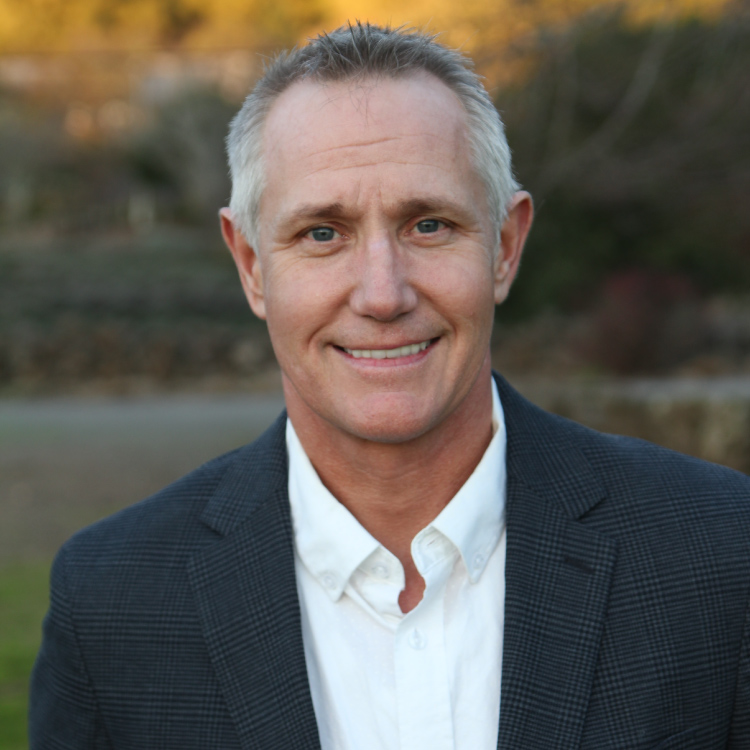
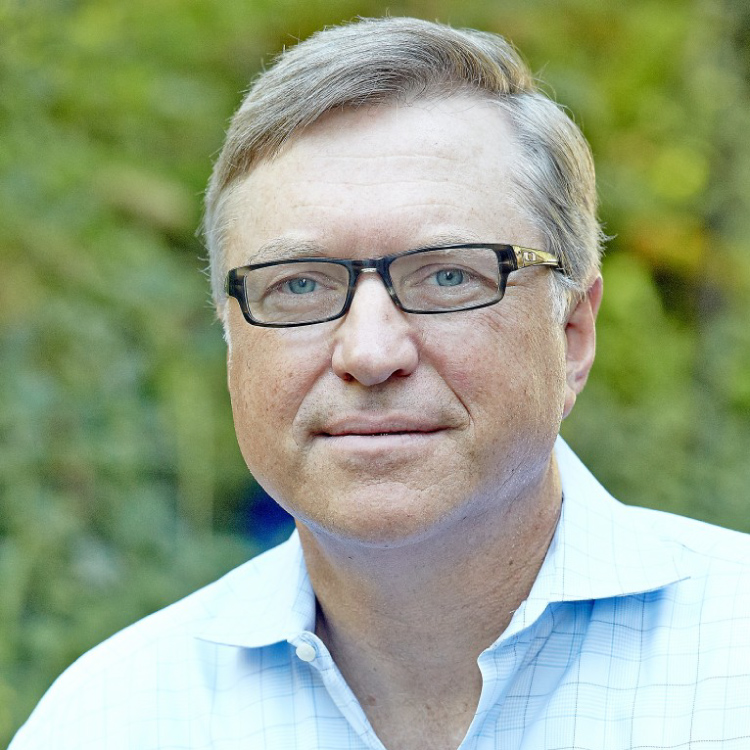

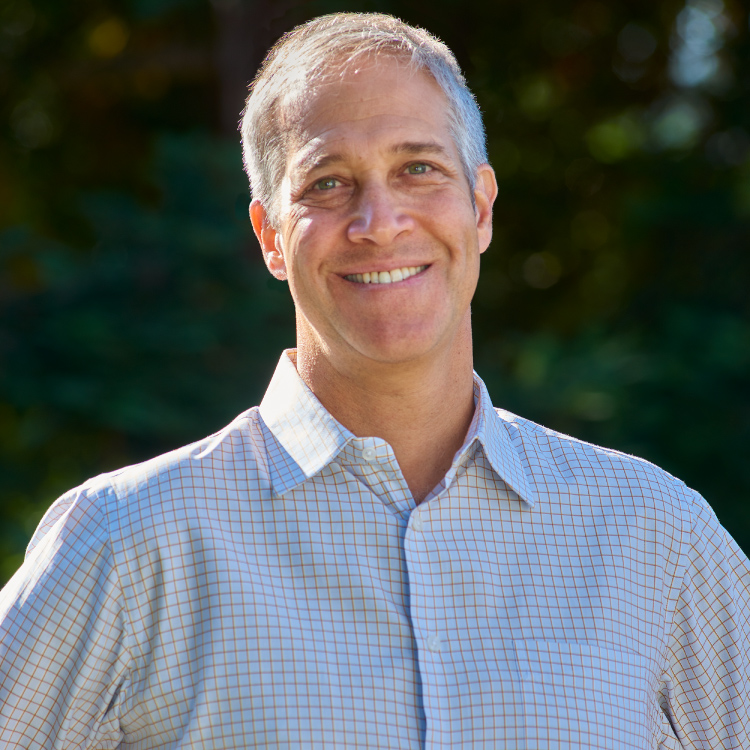
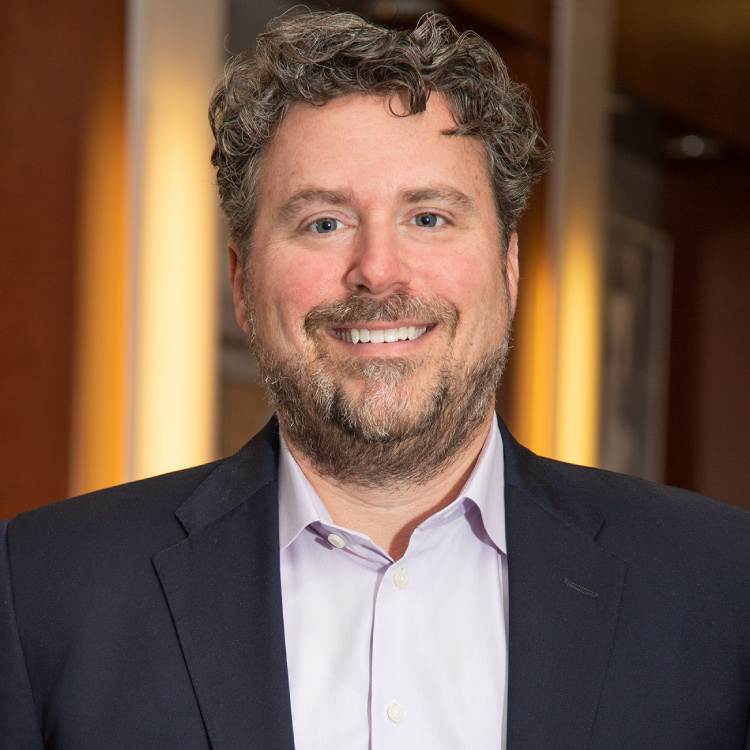
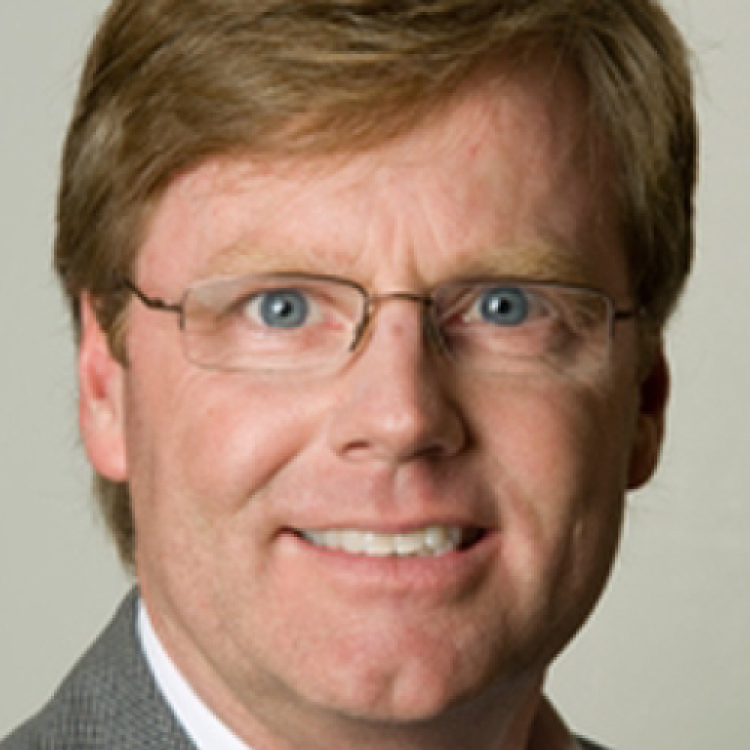
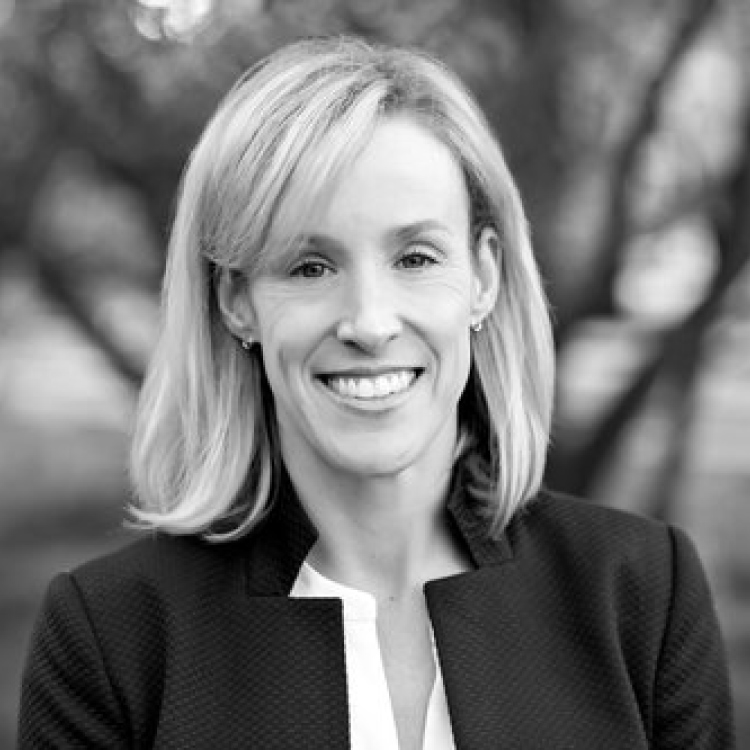
Speaker Bios / Q&A
Philana leads new business development at Young’s Market Company and is responsible for lead generation, prospect management, and supplier acquisition. Philana actively partners with Young’s current and potential supplies to capitalize on market and category opportunities. Shortly after Philana joined Young's in 2010, she took on the leadership role of General Manager for Young’s Hawaii business unit – a move that would make her the industry’s first non-family, female executive to lead statewide sales, marketing, and operations for a major alcohol distributor in the United States.
Prior to joining Young's, Philana served as co-founder and CEO of Waiwera Artesian Water USA. Philana also owned and led B&Co., a boutique brokerage firm specializing in distributor sales support and delivering exceptional client experiences for suppliers.
Philana is the 2019-2020 Chair of the Women’s Leadership Council (WLC) for the Wine & Spirits Wholesalers of America (WSWA), and one of the founding members of the Advisory Board. She also serves as an officer for WSWA’s Council of Leadership Development. In the community, Philana is involved in the Boys & Girls Club of Hawaii as a Corporate Board Member and serves on the Advisory Council for the Bone Marrow Foundation based in New York City.
Philana’s university studies in European history led her to St. Peter’s College, University of Oxford. Her interests include international travel, fine arts, chamber music, and sharing her culinary skills with friends and family. Philana lives in San Francisco, California.
George Christie, a New Jersey native, settled in Sonoma County after college in 1991 where he quickly realized that the wine industry was where he wanted to concentrate his efforts. Since that time, he has been involved in nearly every aspect of the wine industry, from vineyard operations and grower relations to distributor realignments and national marketing campaigns. Always an active member in the wine community, Christie has also held board positions with the Russian River Wine Road, Winegrowers of Dry Creek Valley and the Sonoma County Vintners. In 2008, George and his wife Tami, along with the Saini Family, partnered to create Saini Vineyards, a winery specializing on Old Vine Zinfandel from Dry Creek Valley.
In 2009, with Elizabeth 'E' Slater, George launched the Wine Industry Network (WIN). What began as an online directory has evolved over the years into one the leading B2B marketing and media companies serving the wine industry. WIN works with over 600 industry product and service providers and produces the Wine Industry Expo (WIN Expo), the 2nd largest trade show for the wine industry, along with the Wine & Weed Symposium, the Wine Industry Advisor news site and the Afternoon Brief daily news email with over 35,000 industry subscribers.
"The wholesale channel and the 3-tier system, in general, is a major pain point for just about every single winery that’s out there. You hear a lot of people talking about the problems, the issues and what is wrong with it but there are just not enough conversation about the opportunities that still exist and the possible solutions to some of those problems. It was a challenging topic but something that I thought we needed to tackle and that is why we’re doing it."
"Well, it’s been interesting that every single speaker that we have approached, and of course we are going after people with the most expertise… will tell you that this is a conversation that they have on a very regular basis. So, point being that this is a conversation that is happening all the time anyway. People are looking for advice, looking for suggestions, looking for new ideas. We are just going to formalize that conversation and put all those people in one room."
"The day is designed so that every session basically builds on the one before it. For example we are going to start off with ‘how did we get here’ and talk about the evolution of the 3-tier system and the wholesale channel in general, leading into understanding the distributor mindset, followed by distributor negotiations, pricing, programming, launching a new brand, market visits, and ultimately ending with ‘how do you plan with your distributor partner for the future’ and the components that go into a successful plan.
The speakers we have, collectively, bring a wealth of experience and expertise to the conversation and every attendee will leave better prepared for success in the wholesale channel as a result. "
"I think any winery, or wine company, that's looking for either new distribution or to expand sales in their current markets are going to find this conference incredibly helpful in coming up with new ideas on exactly how to do just that."
"In addition to featured speakers and the topics that we’ll be covering, we also wanted to provide a great networking opportunity for attendees. So, along with the conference, attendees will be treated to a great breakfast, a beautiful buffet lunch and the day will culminate with a wine tasting social. Our goal is to make it fun, educational, and most importantly, inspirational."
Juliana Colangelo has been a part of the Colangelo & Partners team since 2013 and has worked extensively throughout the company on media relations, client and team management and new business development. Juliana has developed a personal and creative approach to the business, providing excellent client service and building strong press relationships. She is dedicated to delivering results, and working closely with clients to realize their communications goals. She has secured feature stories and placements on behalf of clients in top media outlets such as Bloomberg, WSJ Live, Market Watch, Chicago Tribune, Beverage Media, Wine & Spirits and more. Juliana has worked with a diverse range of wine clients such as: Wines of South Africa, Frescobaldi Toscana, Mulderbosch Vineyards, Charles Krug, Larkmead Vineyards, Kosta Browne and Kendall-Jackson.
Juliana moved to San Francisco in March 2016 to open the West Coast office of Colangelo & Partners. She has played an integral role in establishing a presence for the agency on the West Coast, making valuable media and trade contacts and gaining an understanding of the West Coast market for domestic and imported wines.
A graduate of Barnard College at Columbia University in New York City, Juliana developed skills in communication, event-planning, development and fundraising during her university studies and through various internships including positions with The Clinton Foundation and the Manhattan Borough President’s office. Prior to university, Juliana gained real-life communications and management skills by founding and operating Sisters on the Runway, a non-profit organization dedicated to raising awareness for victims of domestic violence with an annual fashion show. She implements these communication, organization and management skills in her day-to-day work at Colangelo & Partners.
Juliana completed her WSET Level II certification in Spring 2014 and her WSET Level III in January 2017. She also completed the Italian Wine Professionals certification in October 2015 and is currently working on her MBA in Wine Business at Sonoma State University.
From annual events like Wine Spectator’s Top 100 and Whiskey Fest to weekly trade tasting groups and regional seminars, there is no shortage of industry ...READ MORE.
Born in San Francisco and raised in Sonoma County, Michael De Loach grew up in the wine business: he started working in the vineyard at age 11 and in the cellar at 15. After college De Loach worked as Vice President, Sales and Marketing at fledgling De Loach Vineyards, and completed courses of study in winemaking at the Napa Valley School of Cellaring as well as the University of California at Davis Agricultural Extension.
De Loach learned the world of design, advertising, marketing and media during the 12 years he spent in that industry. During his three years at consumer goods design firm Glenn Martinez and Associates, he worked on branding, packaging, and advertising for top wine industry clients including Rodney Strong Vineyards, De Loach Vineyards, Parducci Winery, Glen Ellen, Far Niente, and many others.
De Loach was a partner in, and Creative Director of, leading regional advertising agency Pathos, where he personally won over 100 American Advertising Awards (The ADDY Awards) for his work. Clients during his career included Comcast, Mitsubishi Motors, and Bethesda Healthcare Systems.
After his advertising days, De Loach served as president of De Loach Vineyards from 2001 to 2005, then as president of Hook & Ladder Winery until 2016. He has served on numerous industry boards and advisory committees.
Currently De Loach is Owner and President of MD Wine Industry Consulting, and is a partner in Michael De Loach Brands, a full-service beverage alcohol brokerage.
De Loach has appeared throughout the country on radio, television and speaking engagements, and has been written about in The New York Times, The Wall Street Journal, The Los Angeles Times, The San Francisco Chronicle, The Wine Spectator, Wines and Spirits, Wines and Vines, and The Wine Enthusiast. He lives with his wife Lori in Geyserville, California.
"Well, you know, one of the things that I've seen in dealing with many brands is that what we tend to do is think of ourselves as really unique, but not really communicate what that is specifically. Just take a spin through everybody's website, and it's basically a template. We fell in love with wine. Maybe we bought some grapes. We make the best that there is, and therefore everybody should buy it, and my dog's name is Ginger. I would encourage wineries and the folks that do their copywriting and do their graphics on the website to look at everything and just think about, just on a basic communication level. This is where more people are going to get their information. If they stumble across your name and they Google you, they're going to end up on your website. So start there, and gotta really crush that story, especially if the newer entrants to the wine business, they've all, many of them have been successful in business elsewhere, and they want to do this as a dream or a passion as a friend of mine, who helps wineries launch in Napa, she says, “Don't use the words, ‘dream’ or ‘passion’, everybody uses those. Please do not."
"It's not necessarily the message. So just the simplicity of the website. Not making people have to jump through hoops. I would put it somewhere between 50% and 75% of the websites that I go to do research on don't have their information current. For instance, just simple things that you need as a salesperson, you need a tech sheet. Everyone's gonna ask you for one. I don't know what anybody does with one, and they don't really help you sell wine. It's a bunch of technical information, and basically that's all kind of boilerplate. The wine tastes like this, the grapes were picked on this date. It's all that kind of stuff. But what it does is it puts something in their hand that they can hand to someone in the trade. Do you have your logo available for download so I can take that and put it on a graphic for your next winemaker dinner? Or do I have to cut and paste it? If you have a full-size logo, or vector-based graphic it makes it easy for them to use.
You should also have a “for the trade” section on your web site. I think there's a big opportunity that really nobody's really doing it well. Maybe some of the bigger guys, obviously the corporate places are doing it, but amongst the small guys, they communicate to everybody with the same message. Well, the trade is at a totally different level than the consumer. "
"Well, I think the first thing is that you need to spend face-time with people. Leverage your current relationships that you have with those folks and something I often do is, and anybody can do this. Find that distributor, walk into those accounts, talk to the manager or the wine buyer. It's kind of like a hunting big game. All you're asking them, you're not asking them to buy anything or buy your wine. What you're asking them is, "if you had your preference, and you wanted to buy my wine in this fantasy world of buying my wine, who would the ideal distributor be that you'd be buying my wine from? Can you name three? Or maybe even just two? People you like to deal with." - That's a good place to start. Once you have that name, then you can call that distributor and say, Hey, so and so in such and such a place said that you're the man. Or woman, when it comes to selling wine to me. And that actually starts a relationship on a really good note.
So you have to recognize, it's not that these people don't like you or don't want to talk to you or don't find your product interesting or don't like your product personally. That has nothing to do with it. It's just that the pressure of the market is such that they get approached every day. The advantage that someone who is smaller has is that they're not corporate. That's really attractive to trade people. They really love that truly unique story."
With a background in both design and entrepreneurship, Chris Denny co-founded The Engine is Red in 2008. Now at 16 full-time staff between Santa Rosa and Minneapolis studios, Chris leads the Engine team—developing inspired brand strategies, campaigns, and interactive experiences for national and regional clients. Chris has been named one of North Bay Business Journal’s 40 Under 40 and has also been featured by a variety of media, including Fox Business News, USA Today, Adweek and CNN Money.
Cheryl Murphy Durzy managed wholesale sales for her family’s 80,000 case winery, Clos LaChance, for over 17 years. She has a full understanding of the industry and issues regarding alcohol distribution in the United States. She is passionate about LibDib and hopes to evolve the current system by offering all small, family-owned wineries and businesses an opportunity to sell their products to other businesses that want them. Cheryl is truly entrenched in the industry, having sat on several boards. In addition to a BA from the University of San Diego, she has taken courses and received certificates from the OIV Wine Marketing Program and the Court of Master Sommeliers. In December 2008, Cheryl took and passed with merit the Advanced Certificate level of the Wine and Spirits Education Trust. She is also the former President of the Board of the Santa Cruz Mountains Winegrowers Association.
"I think we are doing this in two ways. One: the business model of providing three-tier distribution for all licensed suppliers, one case at a time, is a new way of thinking about the alcohol beverage wholesale process. The margins, shipping cost requirements, etc. are different from traditional distribution, but it provides access to the marketplace which has been challenging for small craft suppliers over the past decade of consolidation and small producer proliferation. Two: our innovative technology (an e-commerce platform and supplier portal) provides a unique curation and shopping experience, as well as connecting supplier and buyer to do business in a compliant matter. There are lots of other applications when it comes to data, AI and online merchandising in the future as well."
"I managed the wholesale channel for my family's 100K case per year winery for nearly 20 years. I was having trouble with my numbers as my wholesale opportunities dwindled... my distributors were merging, going out of business or too small to pay their bills. I thought there had to be a way to solve this problem with technology. My dad and I started screaming and yelling about over probably too much Pinot Noir... and napkin-ed out the idea. "
"Wow this is complicated because there are so many. First and foremost....if you sell that wholesaler something, are they going to pay you? I know that sounds crazy; with the big guys that's not an issue. I have been burned many times with new-ish wholesalers."
"Things have changed. It's really, really hard now to get the attention of the wholesaler. The best way to get their focus and love is to bring them business. Small brands are in charge of their own destiny. You will need to be out there, in the market, selling your own products. Then you let the wholesaler know when you have an order....and they will start paying attention. Nothing like sales and commission in a salesperson pocket for doing nothing....to get you some love. Also, show your wholesaler that you are their partner. You are in it to help them sell....be specific about your marketing plans. here is how much we are going to spend on digital marketing, here are the number of tastings we are going to do. Here are the sales people or brand ambassadors budgets. But nothing gets their attention more than selling your own products. "
"In addition to featured speakers and the topics that we’ll be covering, we also wanted to provide a great networking opportunity for attendees. So, along with the conference, attendees will be treated to a great breakfast, a beautiful buffet lunch and the day will culminate with a wine tasting social. Our goal is to make it fun, educational, and most importantly, inspirational."
Recently named 2018 North Bay Business Journal Winery Sales & Marketing Officer Of The Year with over 16 years of wine experience having managed or sold over 50 million cases and developed over 500+ wine brands... executive, marketing & sales professional, wine blogger, fine wine investor and wine public speaker Eric Guerra has lead some of the industries’ most iconic wineries and wine brands.
His roles have been diverse, from sales, brand marketing, tasting room, D2C, finance, private label, sourcing, winemaking to production. He’s managed iconic brands like Kendall-Jackson, Mumm Napa, Gary Farrell Winery, Vineyard 29 and the prestigious Maison Perrier-Jouët Champagne. Eric’s unique and diverse exposure of the wine industry truly covers all aspects from grape... to bottle... to consumer.
Eric’s most recent role was as Chief Sales & Marketing Officer of the ultra-luxury St. Helena, Napa Valley estate of Vineyard 29 where he lead the redevelopment of the luxury direct-to-consumer experience and wholesale strategy as well as the creation of a new fine wine team.
As a professional speaker and a top multi-channel wine blogger with over 50k followers and 2k-3k unique impressions per week "Reserve Tastings with Eric Guerra" focuses on educating the wine consumer through travel, education, wine reviews and general expert wine entertainment.
In his free time Eric... drinks wine.
Jake Hegeman is Vice President of Legal and Regulatory Affairs for the Wine & Spirits Wholesalers of America (WSWA). In this role, Jake works with state and federal regulatory officials on behalf of WSWA and its members. Jake joined WSWA in 2013 from Stateside Associates, a Virginia based state government affairs firm where he served as Vice President. In this role, Jake managed the company’s regulatory division and worked on advocacy efforts with a wide variety of state regulatory agencies.
Prior to rejoining Stateside Associates, Jake served as National State Liaison at the United States Department of Agriculture (USDA) Animal and Plant Health Inspection Service (APHIS). As a liaison, Jake worked alongside agency leadership and state agriculture officials to improve regulatory processes and enhance communication and coordination across a range of animal and plant health issues.
Jake previously worked at Stateside Associates from 2004-2008 as Senior Regulatory Counsel where he managed the Regulatory Services Division and managed numerous research and compliance projects in the energy, environment and retail arenas. Jake also helped spearhead a workgroup of state environmental regulators addressing a range of waste and cleanup issues.
Originally from upstate New York, Jake earned his Bachelor of Science degree from Cornell University and his Juris Doctor from Tulane Law School, both with honors. Jake is a member of the New York State Bar and resides in Alexandria, Virginia.
"Right. And so, that's a great theme. This is not necessarily unique to our industry, but while change is constant, it seems we're just seeing the rate of change accelerate. A few of those accelerations seem to track with what’s being seen in both the supply and retail tiers- changing consumer demographics, premiumization, technology and convenience, to name just a few. And nobody's quite captured yet what they all mean. And that relates to what people drink, when they drink it, how they access it, etc. Wholesalers are connected to each one of those elements, and so they're working diligently with supplier and retailer partners to figure out how to best position brands for success. So, while some of these factors lead to consolidation for some wholesalers, they’re also creating opportunities for new wholesalers to enter the marketplace- something we’re seeing happen more and more. In short, it’s an exciting time to be in the industry."
"There are really three areas that I think WSWA is leading on today that bridge divides between the tiers, as well as consumers.
The first of these is the WSWA Convention. We run the biggest wine and spirits trade show in the country, and through this continue to link new products with wholesalers. One of the new innovations this year was an entire retail and consumer day to help share insights into the marketplace from the supply wholesale and retail perspectives.
The second area I’m really excited about is WSWA’s strategic alliance with Drizly, the third-party delivery app that connects consumers with local beverage alcohol retailers. I’m always impressed by the power of this technology to educate. Since it allows a consumer to see across multiple retailers in their area, one can often find products you didn’t even know were available, and then get them delivered, often within an hour. I ran a search recently in Washington, D.C. and found over 1400 SKUs of whiskey available to me through the app. Drizly is a great example of where innovation is really making it all about the consumer. We say that over and over and over, because it's true and it's something that we feel is critical for success in the long run.
The third one is our just released SipSource data product. This is really exciting because this is going to be the first time that we will see industry sales trends through wholesaler depletion data. This is an important perspective that will give valuable insight into, for example, how various products are trending in different trade channels – both off-premise and on-premise. For example, users will be able to see how 750 ml domestic whiskey blends are trending in dining accounts versus liquor stores. Like every industry, data is critical, and this product is really going to open the door for positive advances in the industry."
Dan joined Young's in 2010 to lead the company’s wine business in California. Prior to Young’s, Dan held leadership roles with The Kimpton Group, Seagram Chateau & Estate Wines Company, Pernod Ricard USA, and Ste. Michelle Wine Estates in California and Arizona. Today, Dan is responsible for working with Young’s key wine suppliers with a goal to develop, implement and lead the go-to-market wine sales strategy for California. Dan earned his Bachelor of Science in Hospitality Management from San Francisco State University.
Young’s Market Company is one of the largest wine and spirit distributors in the country. Headquartered in Tustin, California, the company employs more than 3,000 people, generates more than $3 billion in sales, and distributes 3,700 brands across 10 western states.
Young's is committed to representing client partners with professionalism, adding value to customers, creating a culture of respect among employees, and having a positive impact on people's lives in the communities where Young's operates.
Dennis Kreps manages the day-to-day business at family owned-and-operated Quintessential; overseeing and guiding a growing company comprised of seasoned veterans and eager newcomers; working with various distributors and state regulators all over the country; implementing and driving national sales programs with on-and off-premise chains and web wine sales companies; overseeing a CA distribution network run by his brother.
Because of his father’s long career in the wine business, Dennis was “raised around wine.” Dennis’ own wine career began in the early 1990s and has covered both sides of the business – wholesale and importer. He began with a Kansas City wholesaler in 1991, moving to a major national wine importer in 1994. He became Vice President, Sales at Marquis Selections (the Midwestern brokerage firm his father started in the late 1980s) from 1996 until making the leap to Caravelle Wine Selections and the West Coast in 1999.
Dennis was Western Regional Vice President, Sales for Caravelle from its inception through early 2002. Based in the San Francisco area, he developed contacts all over the country that have proven vital in his position of running Quintessential.
As a partner in Quintessential, Dennis works closely with his father Stephen and brother Steve, Jr. to find new producers that meet the company’s criteria – high quality wines from multi-generational, family owned-and-operated wineries who have the same passion for winemaking as the Kreps have in strategically marketing and selling their wines. These producers, from most of the top wine regions around the world, create wines that offer the best, most authentic expression of the terroir from their respective vineyards. The current Quintessential roster of over 30 producers attests the Kreps’ determination to bring to US consumers both some of the world’s best-known wines and undiscovered “gems” – all wines that Dennis and his family are proud to represent and to serve at their own tables.
Quintessential represents some of the finest wines from: Argentina, Australia, California, Chile, Hungary, France, Italy, Spain, and Portugal.
"Probably the most important thing a supplier needs to do is clearly define their competitive advantages versus their competitive set, and effectively and consistently communicate that to all channels. It seems really simple but I think that's the thing a lot of suppliers forget. What's my competitive advantage?"
"A lot of the times, you can dissect the brand and you can find a vineyard site that's unique or specific or a story that you can really hang your hat on to communicate to the consumer. Sometimes it's the people. Our niche is that we only represent multi-generational, family-owned-and-operated wineries, so we emphasize that those wineries are building their business for future generations. We’re saying that they take a bit more care in what they make and how they make their wines, which we believe is true. As the wine industry becomes more and more corporate, our promoting the family-owned winery places us countertrend and sets us apart. But, in general, it’s really “brand by brand” – you have to find something unique. When you can’t, it becomes pretty challenging."
"Understanding the distributor's business well enough, including their challenges and their in-house conflicts, are key. That's probably the biggest thing - a distributor can't really sit down with a brand and say "I can't really sell your chardonnay today because I have this corporate giant chardonnay at the same price point and need to make this number this month. If we program your brand the same month, it can't be successful because I have to make my priority numbers." Distributors can't communicate this, but a supplier (or their agent) who understands fiscals, who the “big guys” are and who their competitive set is in a distributor -- they can be more successful."
"If you’re doing a great job in setting yourself apart from other suppliers, the really good ones will gravitate towards you because they can sense who can make a difference, as opposed to who is not going to be very much help to them in their sales efforts. You have to build that kind of brand loyalty. The most important thing is for the brand to connect – first with the consumer and second with the account – and that the distributor’s management and salesforce are well-versed in the connection and how to use it to sell your wines."
Keith LaVine is the Director of Sales & Marketing for the Disruption Wine Company. LaVine brings thirty years of sales, marketing and winery management experience to his role at Disruption Wine Company. Prior to joining DWC, LaVine was the President / CEO of Aveníu Brands – a fully owned subsidiary of Grupo Codorníu-Raventos which sells an international selection of wines throughout the US and Canada. Additionally, LaVine has led national sales for Sonoma-Cutrer Vineyards, St. Supery Vineyards & Winery, Lynmar Estate Winery and Brown Forman Wine Estates. He is also a former Board Member and President of the Sonoma County Vintners.
Chris Lynch discovered the world of wine while playing semi-professional basketball in France in his late teens. A native of Northern California, he returned from France to discover the emerging wine regions of Napa Valley and Sonoma County. Wine became his #1 hobby. After graduating from Northwestern’s Kellogg School of Management with his MBA, Chris turned his passion and hobby into his career.
A 30-year veteran of the global fine wine business, Chris combines his life-long passion for wine with a wealth of experience in both the US and International wine business, holding positions that include:
Chris also is involved with his own winery, Mutt Lynch Winery, which he and wife Brenda Lynch started in 1995. Mutt Lynch Winery is in Sonoma County and specializes is artisan produced wines that sport “dog themed” labels. The Lynch’s proudly support animal related causes throughout the United States with their wine, time and overall marketing efforts.
"One of the disciplines I learned in my recent role working with a winery client, although it applied more to a relationship, a positive business relationship between a supplier and an importer sales and marketing company, I've since applied it more directly to the relationship between a supplier and a distributor. It's what I call a Ways Of Working document. It creates a document Ways Of Working communication processes information sharing requirements where you align upfront with that distributor on the business management tools that you're gonna use between the two sides of the partnership."
"Ironically, the first thing is you have to have a solid agreement up front. With a d distributor, let's just say it's focused on sales, right? Typically, I mean, there are other areas where the distributor might not be honoring the commitment, but typically it's performance based. To me, the first and foremost thing is you have a very clear, detailed, agreed to understand upfront about what success looks like."
"I think one of the most common mistakes is distributor management, not managing your brands' performance at a detailed commercial metric level versus managing that at a case level. And I'm being grossly simplifying things, sales guys are driven by volume, for the most part, cases... That's putting you at the end of the day that's what drives the revenue strait to the winery. And so, you can follow it and it used to work in the old days when business was easier. And you just drive cases and if your cases were growing, you're a good sales person or success or your brand is growing. Because most of the wine business is production driven. Additionally historically so. But really, it's all about brand health. It's getting to the details of the goals that enable you to have a better measurement of the health of your brand's growth, if it's growing. As I said, counsel, sales velocity, sales retentions, some of these metrics."
"I think of it this way. I think distributors like suppliers who add value. And that's the real crux of it, and so how do you add value to your particular distributor situation? One is if you talk about market visits or ride-alongs, they are absolutely the most wasted time if they're done poorly, so you have to learn how to plan for, set clear objectives and make sure you're following up as a particular market visit gets closer.
The second thing I see for smaller wineries ... I think of it this way. It's a big, complex world out there, right? There's how many hundreds of thousands of accounts and distributors and sales people and key count buyers, etc, etc. But the reality is your brand depends on a relatively small number of brand affiliates, so it's having a fairly organized systematic way of CRM, customer management. Managing your key contacts."
Dave Moore is currently the National Sales Director for Sojourn Cellars in Sonoma, CA. His 17 years of wine and spirits industry experience includes having worked for the largest distributors in the country. Dave has held sales and management positions for Southern Glazer’s Wine & Spirits, and executive roles for Young’s Market Company and Epic Wines & Spirits.
Since 2002, Dave has led and collaborated with dozens of successful sales groups and dealt with many of the largest brands in the world. He knows distribution inside and out and understands the three-tier system as the best way to build a national brand.
Dave is a Certified Specialist of Wine (CSW) from the Society of Wine Educators since 2005 and passed with distinction the WSET Level 2 certification from the Wine & Spirits Education Trust in 2015. Dave received a master of science degree from the University of Wyoming, and a bachelor of science degree from UC Davis. When he’s not leading sales teams, he spends his time playing baseball, golfing, and fly-fishing. Dave lives in Sonoma County, the heart of wine country, with his wife and two daughters.
Over the last 20 years the number of U.S. wineries has more than quadrupled. There are now over 9,000 wineries across the country. California is ...READ MORE.
"Our objective is to build a national brand. We have a high enough capacity we would like to be a household name and I think we can do that with the notoriety and the press that Lodi is getting [about its rising prominence as an excellent wine region], the story of Van Ruiten and the quality of the wine. I was hired to build out our national distribution network. So before I started there was just a hodgepodge of distribution and I have strengthened current distributor ties, I have made changes in states with new distributors and I have found new distributors. That was really my role and our objective is to continue to grow through the 3-tier network. If we want to make the milestone of 30, 40, 50 thousand cases we are going to need a fairly robust distribution network to make that happen."
"I would say for the winery be committed to having enough runway to see it happen. I’d say that it is a slow process introducing a new brand to a new market. You know a great score or great media attention can help, but most wineries don’t fall into that category. So, I’d say that the sales cycle is long, the launch and market introduction process can be expensive and that is the biggest hurdle. For a winery or a brand committed to growing you have to make the commitment, the financial commitment, and the time commitment, to see it happen. At some point, the vision--and the key to building a national brand, I believe--is having regional managers that have exceptional relationships with their distributors. We aren’t large enough yet to have those regional managers in place but speaking with friends and colleges that have built national brands it seems that is a formula and it definitely makes sense because having distributor relations are key to building a brand to scale."
"So as it pertains to distributor relations, and what that word “relationships” means is, trust, follow through, and commitment. I have always looked at inventory with a distributor as “shared inventory,” that is, my inventory with them. I take just as much responsibility in helping my distributor move those cases, as much as they do. So, anything I can do to assist in that process. The more brands are turning, the more confidence it builds with your distributor. The more I can stay in communication with them about accolades, scores or press… anything I can do to show them that I am just working as hard as I can on my end as a supplier, as a winery, to help them move through their product. That can mean market visits. I don’t do a ton of market visits so I try to make them strategic. The goal for me is to see if I can get my distributors to think of me, pull my samples, and present my wine when I am not there when I have left. That residual lasting effect. I could keep going specifically on just the relationship, but to build a relationship takes conversation and it takes communication outside of just the deal. Rapport, commitment, follow-up, and availability."
Gordon Palmateer was born into the world of wine. His family’s business dates back to the end of prohibition when his grandparents were wine and spirit retailers. His parents were one of the first fine wine importing and distributing companies in the Washington, D.C. area. As a child, Gordon stacked wine crates and made deliveries to local wine stores. Through high school and college, he was so thoroughly exposed to the strategic infrastructure of the business that he was more than ready to navigate the intricacies of the wine industry by the time he attended American University to earn an MBA.
Over the last 25 years, Gordon has held senior management roles at some of the top companies in the wine industry, on both the supplier and distributor sides –
Gordon has a reputation as a highly innovative and strategic thinker with a comprehensive understanding of the wine business and extensive industry connections. His vast experience allows him to understand both trade and consumer marketing, develop strategic marketing programs for new and established brands, move seamlessly between international and domestic markets, and deftly guide foreign companies into the American marketplace. He is a results-oriented, accomplished professional with a proven track record for senior winery management and marketing premium wines.
From humble beginnings in the Hawaii restaurant industry, Charlie Plummer cut his teeth in wholesale distribution but quickly made the leap to the supplier side. His first role was as Sales & Marketing Manager for (then) upstart micro-brewery Kona Brewing Company. For over 3 ½ years he helped grow the brand and launch its mainland sales into CA.
From there he kick-started his wine career with (then) Humphry-Brown & Sebastiani winery. During a decade of winery mergers and acquisitions he was able to establish his foundations, improve his fundamentals, and be coached by some of the most notable professional wine minds in the industry via Constellation Brands & Beam Global Wine & Spirits.
A desire to apply his skills, mentor others, and guide smaller winery operations forward, he went back to family owned wineries through Hess Collection, Jackson Family, and Merryvale Vineyards. Along this 20 year path he achieved certification through the Court of Master Sommeliers, the Society of Wine Educators, and the Sonoma State University Wine Business program.
Charlie has acted in advisory roles for restaurant associations, culinary curriculum programs, and with Operation Homefront. For years he hosted The Golden Foodie Awards Chef Series, which highlighted Southern CA chefs and restaurateurs through the Sub-Zero & Wolfe culinary center. Residing in Napa, CA, he is an advocate for sustainability in farming and adopts a locavore sourcing lifestyle. He currently presides as Director of Sales for Paul Hobbs Wines leading the company’s national & global campaign objectives, sales strategies, tactics, and executions.
As Duckhorn Wine Company’s senior vice president of sales and strategy, Pete Przybylinski is responsible for the company’s market development, while overseeing a responsive, quality-driven sales program in partnership with key distributors. Working alongside president and CEO Alex Ryan, Pete is involved in all aspects of strategic planning for Duckhorn Wine Company.
While earning his business degree at the University of Georgia, Pete put himself through school working in the hospitality industry. During this period, he began developing his passion for wine, tasting an array of bottlings with a friend who worked at a local wine shop. After earning his degree in 1990, Pete spent several years in Aspen where he worked as a wine buyer, before moving to California in 1993. Once in California, Pete immersed himself in the Napa Valley wine scene while working as the general manager of a respected St. Helena restaurant.
In 1995, Pete joined Duckhorn Wine Company as its California sales manager, and in 1999 he was promoted to national sales manager. Pete quickly made himself indispensable, implementing a modern sales structure, and establishing a top performing national sales team. In 2000, he was named director of sales, and the following year was promoted to vice president of sales. During his tenure, Pete has helped to launch the Paraduxx, Goldeneye, Migration and Decoy brands, while maintaining Duckhorn Vineyards’ reputation as a dynamic leader in the wine world.
Pete has been responsible for developing the company’s sales divisions to work seamlessly with marketing to ensure consistency and quality throughout the portfolio. To reinforce the unique character and integrity of each winery, he created dedicated brand manager positions for Duckhorn Vineyards, Paraduxx and Goldeneye. In addition, Pete works in coordination with the viticulture and production teams to implement long-term planning decisions that reflect the company’s commitment to quality and excellence.
According to company founder and chairman Dan Duckhorn, “Pete understands that we have built our reputation on the quality of our wines and the quality of our service. He has an ability to listen to employees, customers and consumers. That personal connection helps him to understand and deliver what they want, and what they love.”
"Number one, is quality wine and making sure that what we're putting in the bottle is over delivering for the price point at all levels. That's been first and foremost for us, making sure that everything that we are doing is the best that can possibly be produced. That's never changed and that will never change.
Just as important, maybe more importantly, is making sure that the brand equity is really, really strong amongst all the different wineries that we have. There are different ways to define brand equity, but really it translates into, what the end consumers are wanting, and making sure that we are really paying attention to that.
Kind of, a next level... that I think was started by Dan and Margaret Duckhorn, they did business back in the early 80s when they were first starting to break into and develop national distribution, a big part of that was open dialogue back and forth and we started the winery with this philosophy that the wholesaler was our link to the marketplace. So there was a lot of listening to what the wholesalers had to say.
I think there's always been this support that we're putting out there for the wholesaler. Whether we're hosting trade out here, whether we're hosting the wholesaler, we’re going into the market as much as possible.
That's the open dialogue with the wholesaler and what I would consider to be supporting the wholesaler, listening to what they need and then being able to meet those needs as best we can. And that has been very, very consistent for the time that I've been here."
"So, first thing is, kind of crude but very true. They need a supplier that's going to increase their revenue and their gross margin. No matter what they want to do in terms of building a brand, broadening their portfolio, enhancing their account base. If it's not driving towards that end goal, it's not a very good deal for them. So, recognizing that, it's absolutely a business for them. Sometimes they say it, sometimes they don't, but I think it's always implied that there's only so much that a relatively small distributor team can do, compared to the size of their portfolios.
I'm sure you guys have seen the stats, I looked it up just before this interview came about and in 1995 there were 2,600 wineries in the country and 3,000 wholesalers so that's a ratio of less than one winery per wholesaler, in 2015 those figures changed to 8800 wineries and 700 wholesalers, or 12+ wineries to wholesalers. That’s a big issue for all parties involved. So, the distributor is looking for someone to help them, who is experienced in the marketplace, because they're simply not able to do it all on their own.
We're devoting resources to different marketing ideas, to demos in the store, to going out there when there's some sort of event or opportunity to meet with the buyer that we're taking the lead on that, rather than putting all that work back on the wholesaler. We're also coming up with the necessary level of support, and that doesn't just mean dropping the price point to meet whatever price point that we need to, but also that are we taking time to consider that change seriously."
"We do produce a number of wines that are either tasting room only, three tier only, or DTC only. Part of the reason for that is someone coming out to the winery that lives in New York, or Chicago, or wherever. Why do they want to buy that wine here, when they can buy it at their local fine wine shop or even in some cases, their grocery store? We also call it the virtuous circle. If someone is coming out to the winery and they're going to have a good experience at the winery, maybe they leave with a case or a few bottles of wine. They're going to go back home to New York or Chicago and they're going to have a positive impression of Duckhorn or whichever winery they visited. Aren't the chances of them buying that wine when they're in a store or when they're in a restaurant higher now that they have a fond memory of the winery? I would say very strongly that they are.
I think there absolutely is a symbiotic relationship between the two, and in some cases we can actually prove it, by looking at where our DTC sales are going and what our wholesale sales doing. I understand the sensitivity for wholesalers about that and I think the greater threat for them is that eventually a retailer finds a way to be ordering DTC or directly from the supplier and starts to skip the overall market, not unlike what Treasury has started to do now.
With respect to a winery that's choosing to give up on three tier and go to DTC only - great! It's profitable if they can keep it up, but once you establish a relationship with the wholesaler and the business is up and running and you're working well with them, that business is unlikely to go away. It's a great business model, but you've taken away any sort of diversification., and I think you really put yourself at undue risk. How many wineries were talking about going to an all DTC model in 2009?
I'd also advise a winery to start to look at how much money you’re actually putting in the bank though all those channels because DTC is expensive. You need to have a lovely tasting room, and you have to pay employees."
Jeff is an experienced industry leader with broad business acumen and a proven track record of developing successful supplier strategies and programs across a national platform. He is a relationship builder with a knack for creating inspirational brand vision, growing businesses and developing effective organizations of all sizes. He brings an entrepreneurial spirit in aligning teams and capitalizing on various market opportunities.
In his current role as VP of Supplier Development at Breakthru Beverage, Jeff serves as the primary lead for key suppliers including Tito’s, Copper Cane, Remy Martin, Miller Coors, Heineken, Rodney Strong, and all Craft Beer brands. As part of his responsibilities, he collaborates with supplier marketing teams on brand strategy and programming at the local level as well as implements national strategic programs across the Breakthru footprint to drive consistency and maximize growth. To do this effectively, Jeff and his team leverage key analytical insights, Geolytics, Breakthru and Nielsen data, competitive activity, and market trends to design successful and customized programs.
Across more than two decades in the beverage alcohol industry, Jeff served in roles with increasing responsibility at Breakthru Beverage, Empire Merchants, Peerless Importers, Johnson Brothers, E&J Gallo Winery, and Churchill Distributors.
Jim Sweeney has extensive experience driving sales success in the Wines & Spirits industry through both the three-tier distribution as well as Direct-to-Consumer. He has successfully managed the National Sales teams for several beverage alcohol industry leaders including Constellation, Huneeus Vintners, Vintage Wine Estates, was the General Sales Manager for two distributors in Texas and brings both production and direct-to-consumer experience as the General Manager for Quixote Winery in Napa Valley. Jim brings an in-depth understanding of field marketing visits as well as brand building to deliver successful distribution and sales through distributor and field efforts.
Currently, as the Sales & Marketing Director for Humboldt Distillery in Humboldt California, Jim is helping to build a craft spirit from the ‘the heart’ of likely the largest cannabis growing area in the Country. Additionally, Humboldt Distillery produces and distributes ‘Humboldt’s Finest’, a cannabis-infused vodka. Jim now uses his extensive sales & marketing experience, is building a brand distilled and bottled in Humboldt County with a product that is cannabis-infused.
Jim is a graduate of the University of Texas, holds an MBA from National University, and resides in St. Helena, California.
Laura has nearly 20 years of business management and execution experience, working in strategy, marketing, and innovation within the B2B and B2C sectors. For a decade she led marketing strategy and execution for several branded portfolios and managed global innovation for Brown-Forman’s $3 billion business.
As founder of Webb Brand Consulting and partner at Okos Partners, she has worked with multitudes of start-ups, private equity portfolio companies, and some of the best known Fortune 500 brands in the world. In a consulting capacity, she helps CEO’s, leadership teams and their organizations craft effective, measurable business and marketing strategies for growth, develop robust product portfolios through innovation, and help leadership teams gain greater alignment and engage their organizations more effectively for growth and productivity.
Laura holds a BA from Colgate University, and a MBA from Vanderbilt University. She is on the board of Mentis, River Charter School and also serves her community by assisting non-profit firms with strategic planning and marketing.
"I had written a couple of articles for George and we had been bouncing some ideas around… around needs, opportunities & challenges facing the wine industry, particularly for small and mid-sized players. In the course of these interactions, it became very clear that we both shared a perspective around the need for suppliers to rethink their relationship with their distributors. We both felt that it was a key channel of growth for wineries of all sizes and it is one that seems to have been somewhat neglected in recent years, particular around the growth of DTC. The more we talked about this need, the more we realized there was an abundance of content we could provide on this topic and from there, the full-day conference took shape. "
"One of the things that George and I talked about early on was the desire to not just execute another typical conference. Many conferences are built on the premise of interesting and relevant content that is shared in a one-to-many format. The problem is engagement diminishes as the day goes on, and ultimately attendees return to their day jobs from these conferences. For this conference really wanted to change the flow of the day and the dynamic of the actual conference. Most conference attendees leave with very little in the way of new approaches and actions to improving how they operate. We wanted to figure out how to shift the day in a way that activated audience members to not only think about but start managing, their businesses differently.
The whole day is structured so that each topic builds on itself, hence why we are keeping the whole group together in one room. The design of the day will help the audience members hone-in on new insights, convert those insights into new ideas for their business and then convert those ideas into action. So that they can walk out with the start of a game plan to move their business forward coming out of these sessions."
"I think there has been so much conversation in recent years around DTC. While small, DTC is increasing in importance and there are great insights and opportunities to be leveraged in that channel. Unfortunately though I have seen many wineries turn their backs on the 3-Tier channel as they focus more on DTC. This should not be an either-or choice for a winery that wants to grow. Those with significant growth aspirations have to succeed in both channels and both have to be managed and developed uniquely. While I expect DTC will continue to grow in importance, 3-tier is where scale can truly be achieved. Yes it is a challenging channel and requires investment of time and money. But I think in coming years we will see the emergence of select small to medium sized wineries ratcheting up their growth objectives and in turn shifting to a more balanced approach of growth through DTC and the 3-tier channel."